Next Pope: Predicting The Future Leader Of The Catholic Church
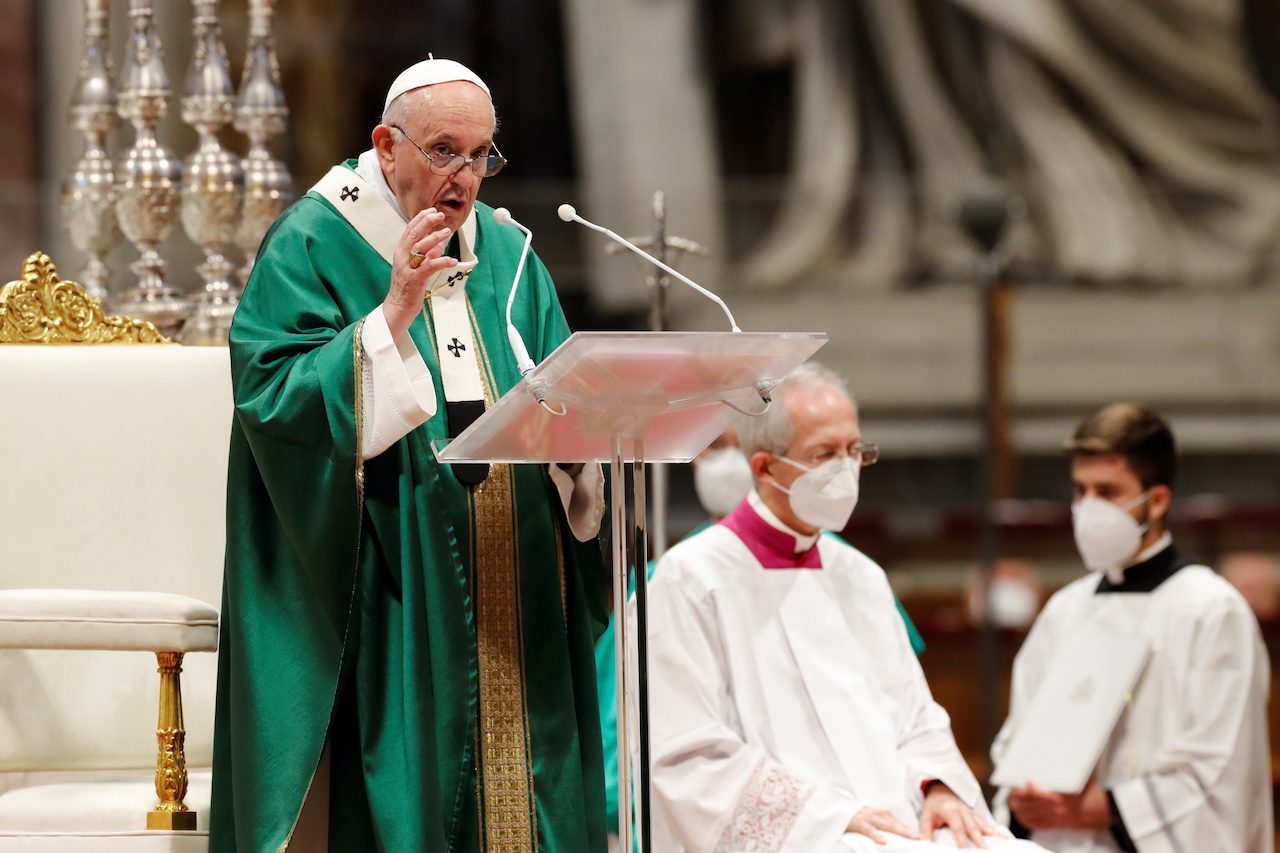
Table of Contents
The Conclave: Understanding the Election Process
The Papal Conclave is the process by which cardinals elect a new Pope. This centuries-old tradition, steeped in history and ritual, dictates the selection of the next head of the Catholic Church. Understanding the Conclave is key to understanding how the next Pope will be chosen.
-
Historical Context: The Conclave’s origins can be traced back to the Middle Ages, evolving over time to its present form. Historically, there have been instances of protracted Conclaves, political maneuvering, and even violence.
-
Cardinal Electors: The electors are the cardinal voters who participate in the Conclave. Only cardinals under the age of 80 are eligible to vote. The number of electors varies with the number of cardinals under 80.
-
Secrecy: The utmost secrecy surrounds the Conclave. The cardinals are sequestered in the Sistine Chapel, with strict rules governing communication with the outside world during the election process. This secrecy ensures impartiality and prevents outside influence.
-
Voting Process: The voting process involves multiple rounds of balloting until a candidate receives the required two-thirds majority. The ballots are burned after each round, with black smoke signaling no election and white smoke signifying the election of a new Pope.
-
Impactful Conclaves: History provides numerous examples of Conclaves that shaped the future of the Church. Consider the Conclave of 1455, which elected Pope Callixtus III amidst a period of turmoil, or the Conclave of 1978, which led to the election of both John Paul I and John Paul II, two very different Popes, within a matter of months.
Key Qualities of a Potential Next Pope
The qualities sought in the next Pope are numerous and multifaceted. The next leader of the Catholic Church needs to demonstrate leadership capabilities, theological depth, and a global perspective.
-
Traditional Qualities: Strong theological understanding, deep pastoral experience, effective administrative skills, and impeccable moral character are traditionally considered essential qualities. The next Pope must be capable of inspiring faith and leading the Church in a complex world.
-
Global Challenges: The Church faces diverse challenges, including declining vocations in some regions, socio-political polarization, climate change, and ongoing issues relating to the clergy sex abuse crisis. The next Pope will need a pragmatic and comprehensive approach to address these issues.
-
Shifts in Emphasis: Depending on the global landscape, a future Pope might place greater emphasis on social justice, interfaith dialogue, or reforming internal Church structures. The candidate selected may reflect a desire to address specific challenges facing the Church today.
-
Examples from the Past: Past Popes like John XXIII (known for his ecumenism) or John Paul II (known for his global outreach) serve as examples of how different qualities can shape a papacy.
Potential Candidates and Their Strengths
Speculating on potential candidates is an exercise in informed analysis rather than definitive prediction. Several prominent Cardinals are often mentioned in discussions about the next Pope.
-
Cardinal Profiles: Analyzing the backgrounds, theological viewpoints, and administrative experiences of leading cardinals is crucial in understanding their potential strengths and weaknesses.
-
Strengths and Weaknesses: Each cardinal brings a unique set of skills and perspectives to the table. Some may be renowned theologians, while others might excel in pastoral care or diplomacy. A balanced assessment considers both their strengths and areas needing further development.
-
Geographical Representation: The geographical diversity of the cardinals is also significant. A Pope's nationality might reflect a greater focus on specific regions or global issues. The selection process will consider global representation within the Church.
The Influence of Global Events on the Next Papal Election
Geopolitical factors, global challenges, and significant Church issues will undeniably impact the selection of the next Pope.
-
Geopolitical Factors: International relations, political instability, and economic crises will influence the cardinals' decision-making process. They will seek a leader capable of navigating these complexities.
-
Church Issues: Internal issues within the Church, such as ongoing reforms and discussions about doctrine and practice, will also affect the choice. The next Pope will likely continue or adjust the trajectory set by their predecessor.
-
Regional Perspectives: The diverse perspectives of the cardinals from different regions of the world will contribute to a complex and nuanced decision-making process. The cardinals consider the needs of the global Church as a whole.
Conclusion
Predicting the next Pope is a complex undertaking, involving numerous factors and considerations. While pinpointing a specific individual remains challenging, analyzing the election process, desired qualities, and potential candidates provides valuable insights into the potential future direction of the Catholic Church. The next Pope will undoubtedly face significant challenges, requiring a leader with strong pastoral skills, a global vision, and the ability to address the complexities of the modern world.
Call to Action: Stay informed on the developments surrounding the next Papal election. Follow reputable news sources and continue exploring the factors that will shape the choice of the next leader of the Catholic Church. Learn more about the qualities that make a great Pope and contribute to the ongoing conversation about the future of the Catholic Church. Keep updated on our analysis of the Next Pope.

Featured Posts
-
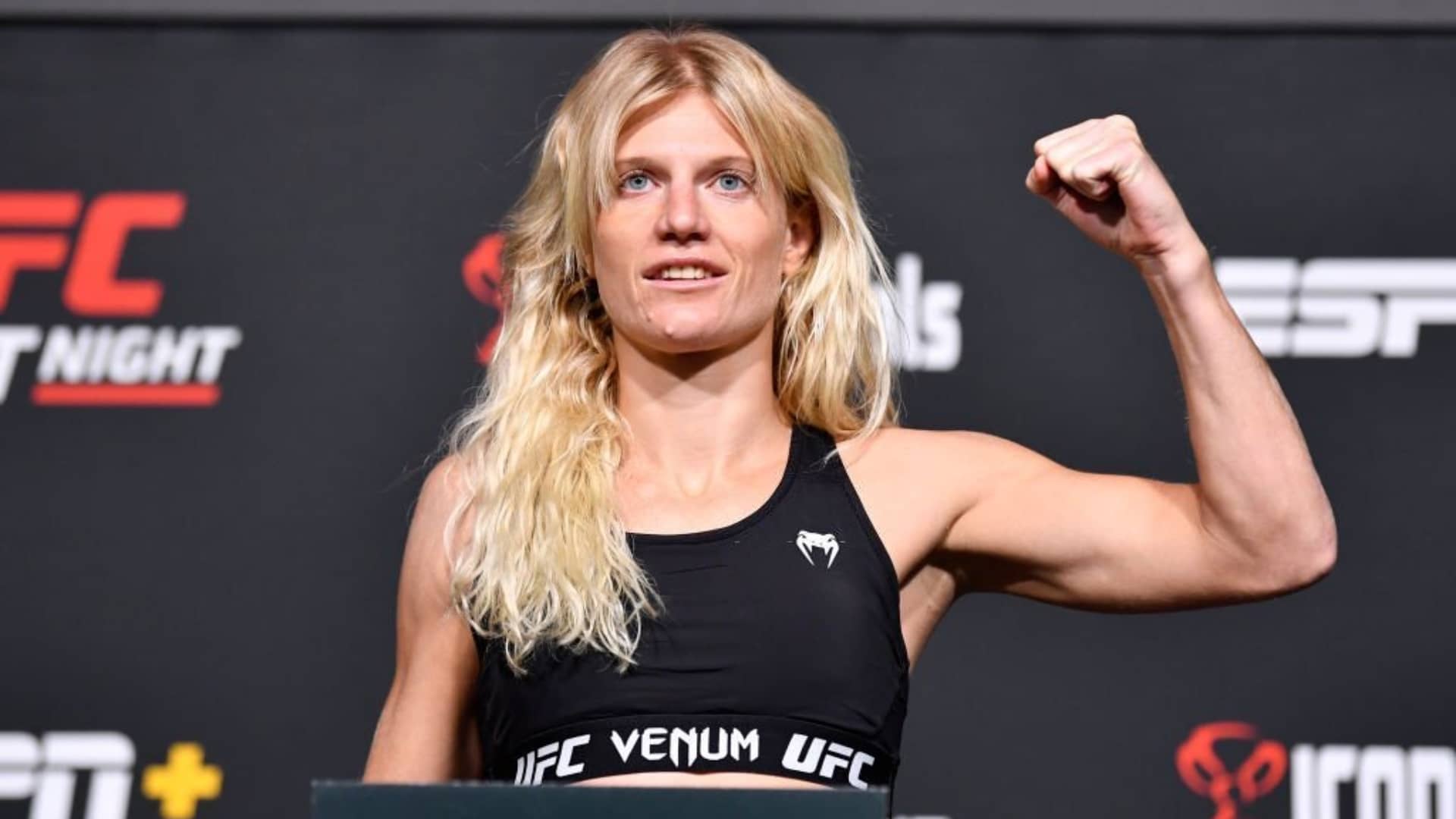 Manon Fiorots Road To A Ufc Championship Fight
May 12, 2025
Manon Fiorots Road To A Ufc Championship Fight
May 12, 2025 -
 Mueller Konci V Bayerne Po Stvrtstoroci
May 12, 2025
Mueller Konci V Bayerne Po Stvrtstoroci
May 12, 2025 -
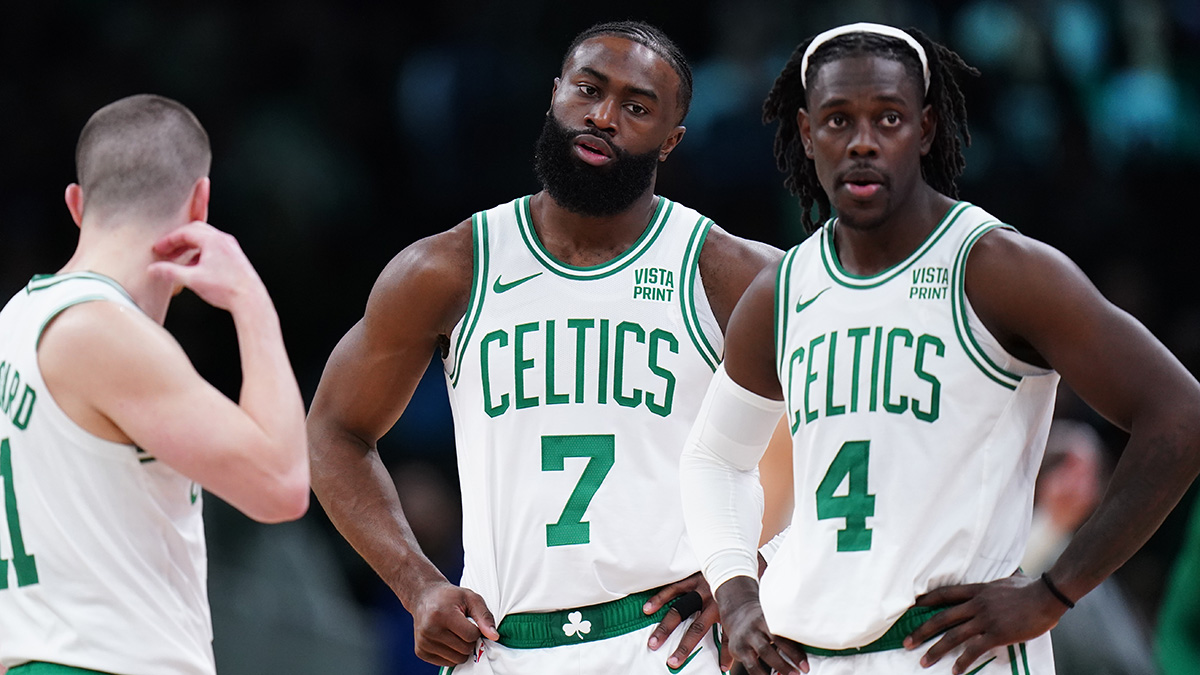 Payton Pritchard Crowned Sixth Man Of The Year After Breakout Season
May 12, 2025
Payton Pritchard Crowned Sixth Man Of The Year After Breakout Season
May 12, 2025 -
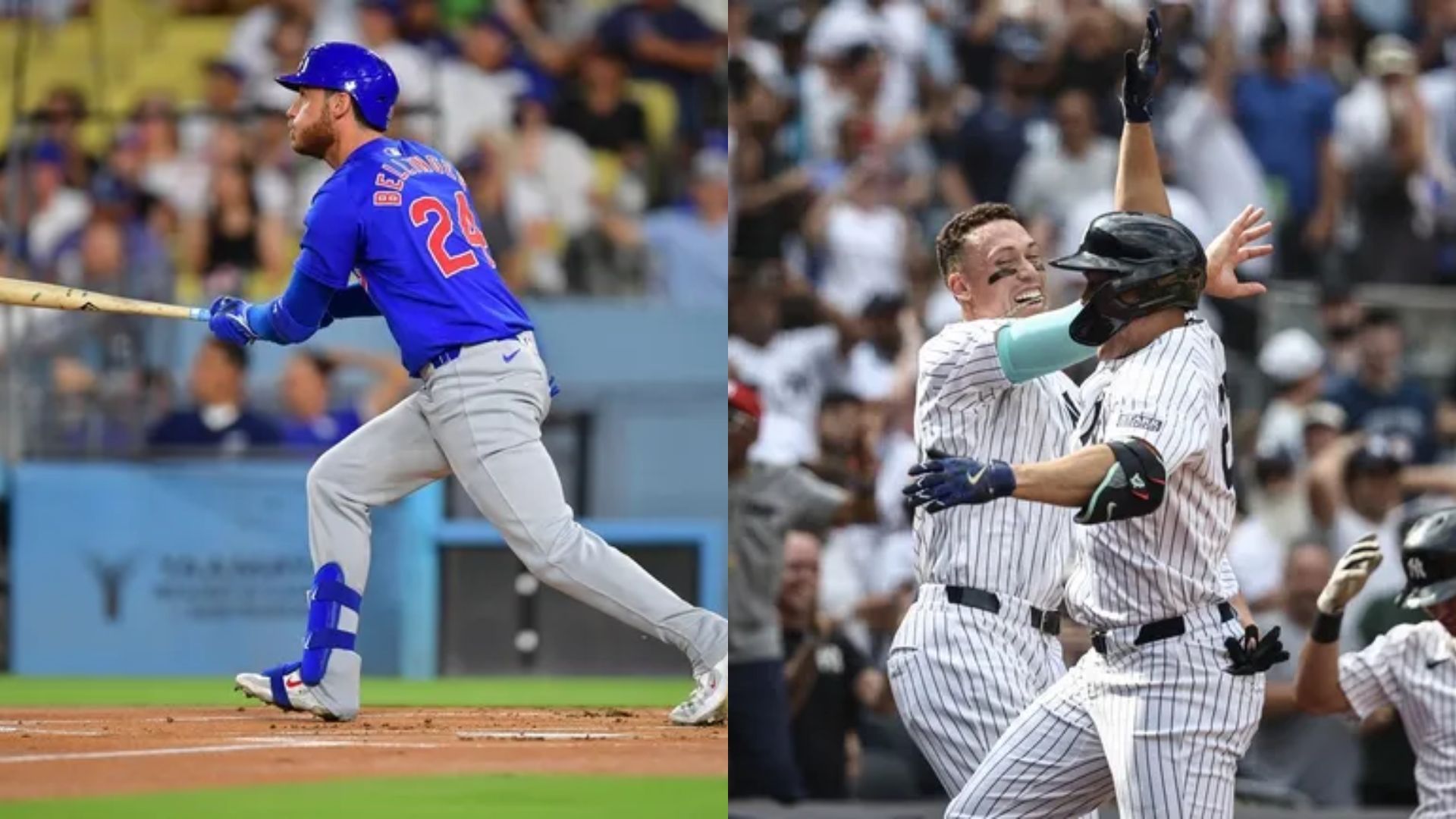 Protecting Judge Cody Bellingers Placement In The Yankees Lineup
May 12, 2025
Protecting Judge Cody Bellingers Placement In The Yankees Lineup
May 12, 2025 -
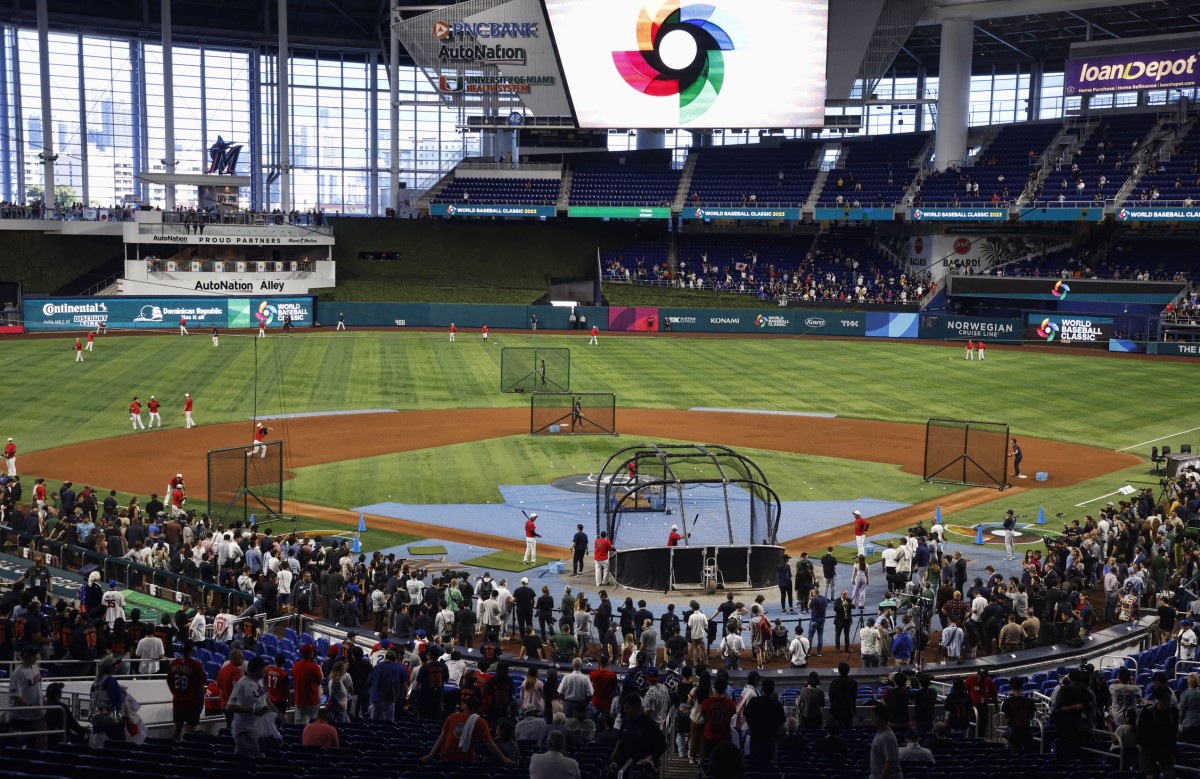 Aaron Judge Open To Playing For Team Usa In 2026 World Baseball Classic
May 12, 2025
Aaron Judge Open To Playing For Team Usa In 2026 World Baseball Classic
May 12, 2025
